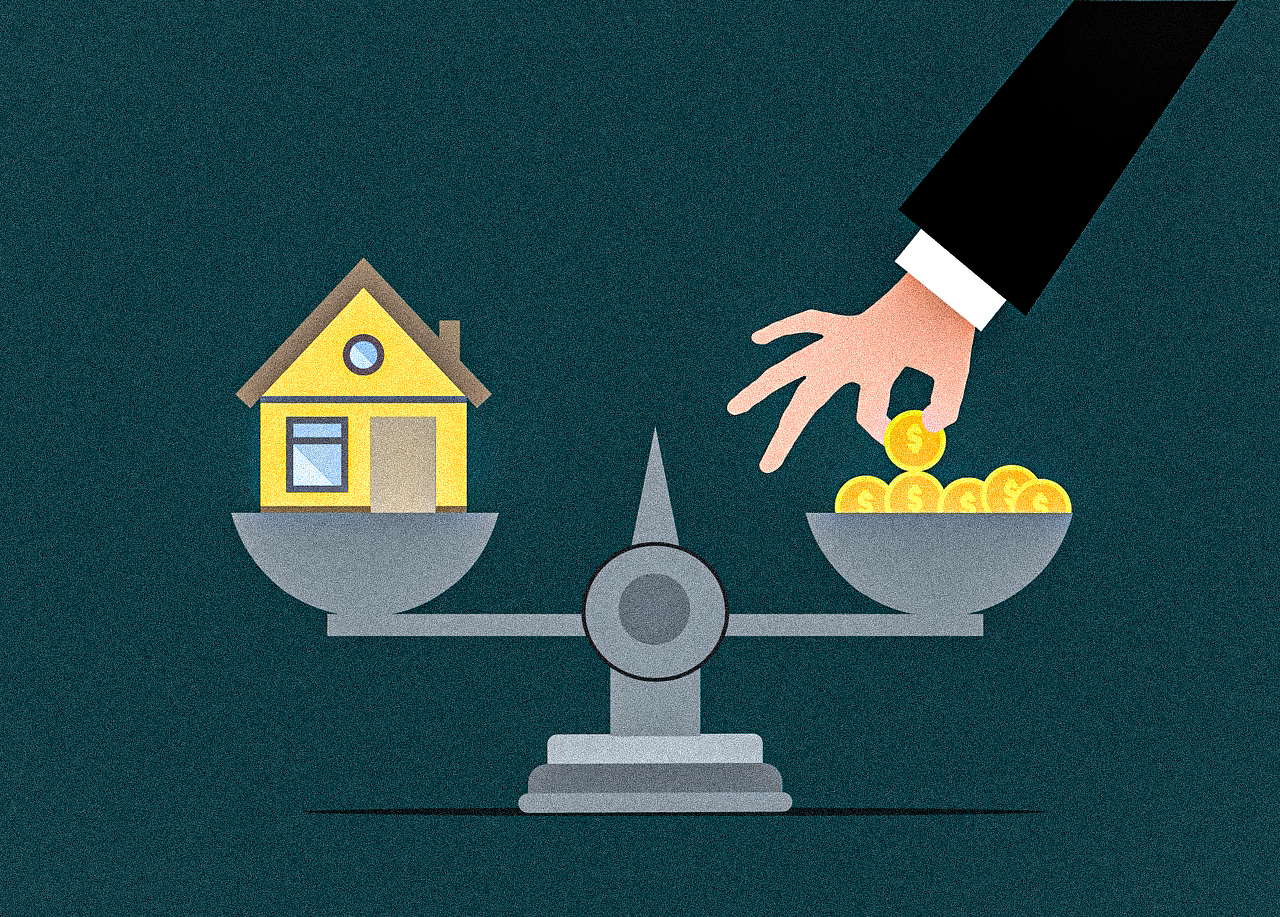Investing in real estate is one of the most popular ways to grow wealth, but it is far from simple. Unlike what brochures and advertisements might suggest, real estate investment involves purchasing, owning, and managing properties with the goal of generating profit. This process requires in-depth research, financial planning, and consideration of various factors before committing your hard-earned money to land or buildings.
To help you make informed decisions, here are some crucial aspects to consider before investing in real estate.
1. Choose the Right Type of Property
The first step to investing in real estate is deciding on the type of property to invest in. There are four main categories:
Residential Real Estate – Includes houses, apartments, and condominiums. This is the most traditional form of real estate investment, as housing is always in demand. Investors in this sector rely on rental income and property appreciation.
Commercial Real Estate – Comprises office buildings and workspaces. It offers higher returns but requires significant investment and maintenance.
Retail Real Estate – Includes shopping malls, stores, and retail spaces. This sector benefits from long-term lease agreements with businesses.
Industrial Real Estate – Involves warehouses, factories, and distribution centers. With the rise of e-commerce, industrial properties have become a lucrative investment option.
In recent years, commercial real estate in India has seen a significant surge in demand, making it a promising investment choice.
2. Location Matters
The location of a property is a key factor influencing its value and future appreciation. Whether you are investing in residential, commercial, or industrial property, choosing a prime location ensures better returns. A well-connected area with strong infrastructure development prospects will likely yield higher profits.
For instance, investors targeting the Noida region are now advised to consider Jewar due to the proposed international airport project. Such developments can significantly boost property values over time.
3. Financial Planning and Budgeting
Real estate investment requires substantial financial commitment. Before making a purchase, evaluate your financial standing and consider factors like:
Initial Investment – The cost of acquiring the property.
Maintenance Costs – Expenses for repairs, renovations, and upkeep.
Loan or Mortgage – Assess interest rates and repayment terms if taking a loan.
Liquidity – Real estate is not a highly liquid asset, so ensure you have other financial resources in case of urgent needs.
Since real estate often demands more capital than it immediately generates in returns, having a clear financial strategy is crucial.
4. Assess Market Conditions
The real estate market is dynamic, with prices fluctuating based on economic trends. Understanding market conditions helps investors make better decisions:
When property prices are high, it’s a good time to sell.
When prices are low, it’s an ideal opportunity to buy.
For example, the COVID-19 pandemic initially caused a downturn in the real estate market. However, it also highlighted the importance of homeownership, leading to a renewed interest in residential properties.
Final Thoughts
Investing in real estate is a significant financial decision that requires thorough research and strategic planning. By considering factors such as property type, location, financial viability, and market trends, you can make informed choices and maximize your returns.
Before making any investment, always conduct due diligence to ensure a profitable and secure real estate venture.


No responses yet